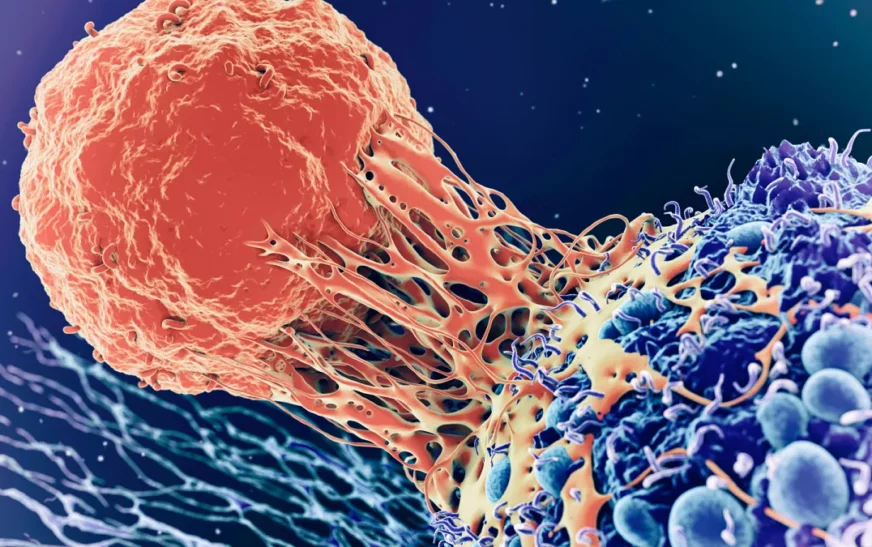The World Health Organization (WHO) has highlighted cancer as a major global health issue, projecting a 77% increase in the global cancer burden by 2050. However, the organization notes that many forms of cancer can be prevented through lifestyle changes and awareness.
Avoid Smoking: A Key Preventive Measure
Cancer diagnosis can be devastating, yet nearly half of all cancer cases could be prevented. Smoking is a leading cause, responsible for approximately 20% of tumors. Cigarette smoke not only causes lung cancer but is linked to various other cancers. While research on vaping is still emerging, a 2024 study found that former smokers who vaped had a higher risk of lung cancer compared to those who did not.
Obesity: A Major Risk Factor
Obesity is the second most significant cancer risk factor. Excess body weight leads to higher insulin levels, increasing the risk of several cancers, including kidney, gall bladder, and esophagus cancer. Additionally, overweight women produce more female sex hormones in fat tissue, raising their risk of uterine and breast cancers.
Stay Active to Reduce Risk
Physical inactivity is another cancer risk factor. Long-term studies have shown that regular exercise helps lower insulin levels and maintain a healthy weight, reducing cancer risk. Even moderate activities like walking or biking can make a significant difference.
Moderate Alcohol Consumption
Alcohol consumption is linked to cancers of the oral cavity, throat, and esophagus. The combination of smoking and alcohol use significantly amplifies cancer risk. While moderate alcohol intake, such as one glass of wine a day, can benefit cardiovascular health, excessive drinking poses substantial risks.
Read More: Study finds drinking from plastic bottles may raise blood pressure
Diet Matters: Prefer Fish Over Red Meat
Research suggests a link between red meat consumption and colorectal cancer, with beef being particularly hazardous. Cooking meat at high temperatures, such as grilling, can produce carcinogenic substances. In contrast, fish consumption is associated with a reduced cancer risk.
Use Sunscreen to Prevent Skin Cancer
Ultraviolet (UV) radiation from the sun can damage skin cells and lead to various skin cancers, including melanoma. Using sunscreen with a high sun protection factor (SPF), preferably SPF 30 or higher, is recommended to protect against UV radiation. The appropriate SPF may vary based on individual skin type and location.
Medical Procedures and Radiation Exposure
Certain medical procedures, like computed tomography (CT) scans, expose patients to higher levels of radiation, which can increase cancer danger. While X-rays pose minimal risk, it is advised to undergo CT scans only when necessary. Additionally, air travel exposes passengers to low levels of cancer-causing radiation.
Infections and Cancer Risk
Certain infections can increase cancer risk. Human papillomaviruses (HPV) are linked to cervical cancer, while hepatitis B and C can lead to liver cancer. Helicobacter pylori bacteria are associated with stomach cancer. Vaccinations and antibiotics can help prevent and treat these infections.
Oral Contraceptives: Weighing Risks and Benefits
Oral contraceptives may slightly increase the risk of breast cancer but also lower the risk of ovarian cancer. Women should consult their healthcare providers to determine the best contraceptive option for their individual health needs.
Genetics and Age: Inherent Cancer Risks
Despite best efforts to prevent cancer, some risks are unavoidable due to genetic factors and age. Approximately half of all cancer cases are attributed to genetic predispositions or age-related factors, with brain cancer being particularly hereditary.
By adopting preventive measures and staying informed, individuals can significantly reduce their cancer risk and improve overall health.











